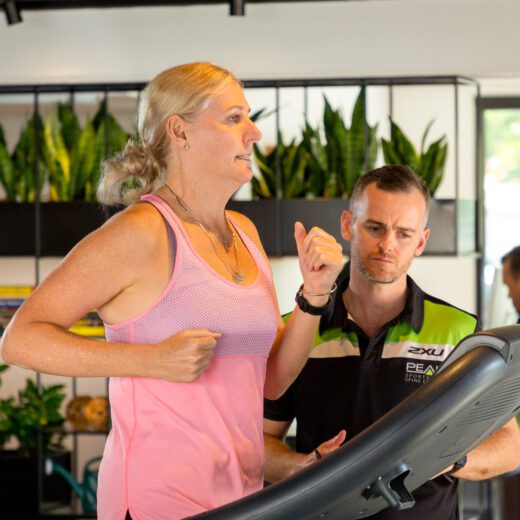
Key Features Every Good Running Shoe Should Have
There are a few essential features to look for in a running shoe. These components are key to ensuring your shoes provide the right support and comfort.
1. A Sturdy Midsole:
The midsole is the part of the shoe that sits between the upper and the sole. For optimal support, the midsole should be firm, offering resistance to twisting and bending. This will help stabilize your arch and midfoot, reducing the risk of injury. A solid midsole also ensures your foot stays properly aligned while you run.
2. A Strong Heel Counter:
The heel counter is the area at the back of the shoe that cradles your heel. Look for a shoe with a firm heel counter, as it helps maintain a stable position for your heel during movement. You can test the firmness by pressing down with your thumb—if the heel area easily compresses, it might not offer enough support.
3. Adjustable Closures:
Whether your shoe uses laces or Velcro, adjustable fastenings are crucial for getting the right fit. Customizing the tightness ensures the shoe fits securely, preventing any unwanted movement of the foot inside the shoe, which could lead to blisters or discomfort.
4. Sufficient Toe Room:
A well-fitting shoe should provide about a thumb’s width of space between the end of the shoe and your longest toe. This extra space allows your foot to naturally expand during your run, improving comfort. Additionally, the shoe should be wide enough to comfortably accommodate your forefoot.
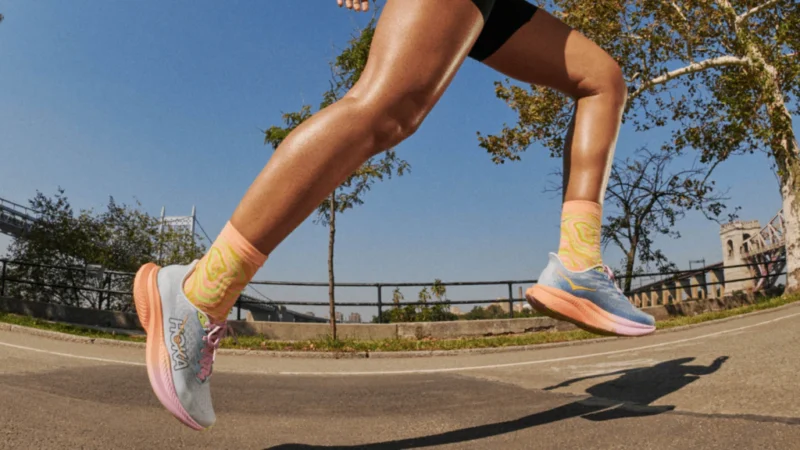
5. Proper Depth:
The shoe should offer adequate depth to ensure your foot sits securely without slipping around. Shoes that are too shallow may cause instability or heel slippage, which could lead to discomfort or injury. Make sure the shoe provides ample room for your foot to sit comfortably while being held in place.
Neutral vs. Stability Shoes: Which One Do You Need?
One of the most important decisions when choosing a running shoe is whether to go for a neutral or stability shoe. Here’s how to determine which style is right for you:
Neutral Shoes:
These shoes are best for runners with a neutral foot type—typically characterized by high arches. If your foot has a natural, stable motion and doesn’t overpronate (roll inward), neutral shoes are likely the best fit for you.
Stability Shoes:
Stability shoes are designed to provide extra support for those who experience overpronation, meaning their feet tend to roll inward excessively when running. If you have flat feet or find that your feet roll in too much during each stride, stability shoes will help provide the support you need to prevent discomfort or injury.
There’s a wide range of foot types and running mechanics, so it’s important to get personalized advice from a podiatrist. A professional assessment will help you choose the right shoe based on your unique needs.
When Should You Replace Your Running Shoes?
Running shoes lose their cushioning and support over time, so it’s essential to replace them regularly to maintain optimal performance and prevent injury. A general guideline is to replace your shoes after about 600 kilometres (approximately 375 miles) or roughly one year of use.
Here’s how to tell if it’s time for a new pair:
Worn Tread:
As you run, the tread on the bottom of the shoe will wear down, reducing traction and grip.
Compressed Foam:
The cushioning material in the sole will flatten with use, making it less effective at absorbing shock and supporting your foot.
Decreased Comfort:
If you notice discomfort, pain, or instability while running, it could be a sign that the shoe’s structural integrity has deteriorated.
If you’re unsure about when to replace your shoes, consider seeing your podiatrist. They can evaluate the wear and tear and help determine if it’s time for a new pair.
Will Your Orthotics Fit in Running Shoes?
Many runners use orthotics to correct foot issues or improve comfort. Fortunately, most running shoes have removable insoles, making it easy to swap in your custom orthotics.
In most cases, you won’t need to go up a shoe size to accommodate your orthotics. However, if the shoe is already tight, adding orthotics might cause the fit to feel too snug. If you’re uncertain about how well your orthotics will fit, it’s a good idea to consult with your podiatrist before purchasing new shoes.
If you’re unsure about which running shoes are best for your feet or if you’re experiencing discomfort during your runs, it’s always a good idea to seek professional advice. Our expert podiatry coaches at Peak Sports and Spine Center are here to help! Whether you need a personalised shoe assessment, help with orthotics, or guidance on improving your running, our team is ready to assist. Book an appointment with one of our experienced podiatrists today, and get back on track to achieving your running goals with the right footwear support.
Read the latest articles

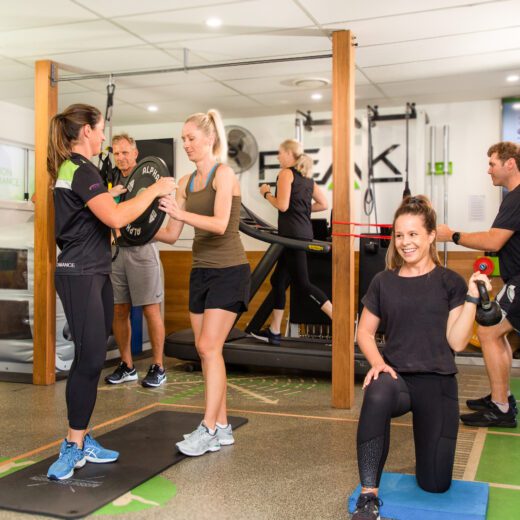
From Recovery to Resilience: Embracing a Preventative Mindset in Physiotherapy
For many, the first encounter with physiotherapy begins with pain. It might be the result of an injury, a nagging ache that won’t go...
Read more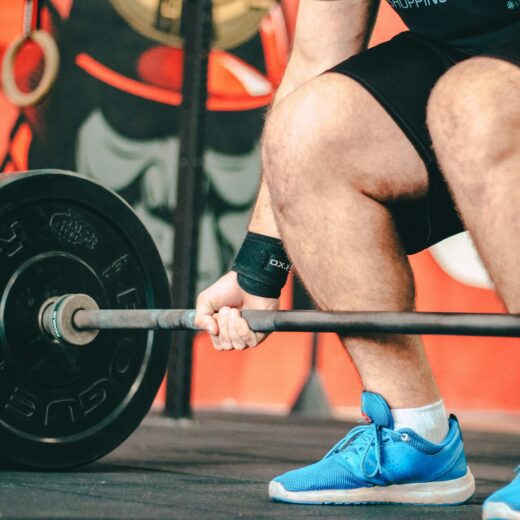
Deadlifting: Why It Matters – A Physiotherapist’s Perspective
As a physiotherapist, one of the most common myths I encounter is that deadlifting is only for bodybuilders or elite athletes. The reality? The...
Read more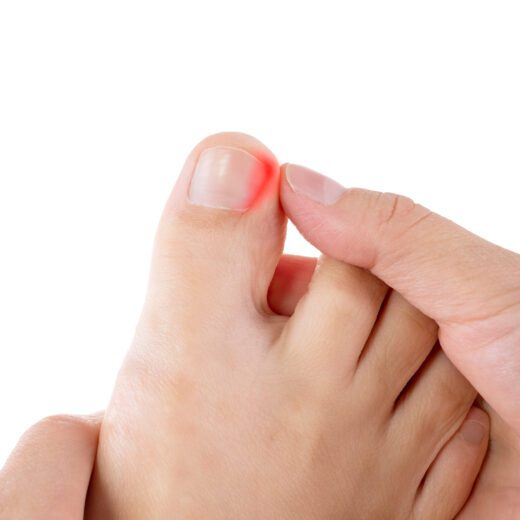
Understanding Ingrown Toenails
Ingrown toenails occur when the edge or corner of a toenail grows into the surrounding skin, leading to pain, redness, and swelling. This condition...
Read more
Staying the Course: How to Stay Motivated Through Your Rehab Journey
Rehabilitation isn’t always a straight line. Some days, you’ll feel strong. Other days, progress might feel slow or even invisible. But here’s the truth...
Read more
When Dreams Take Flight: The Extraordinary Night We Shared “For The Last Time”
In the warm glow of a Brisbane evening, something magical happened. On May 25th, New Farm Cinema became more than just a venue—it transformed...
Read more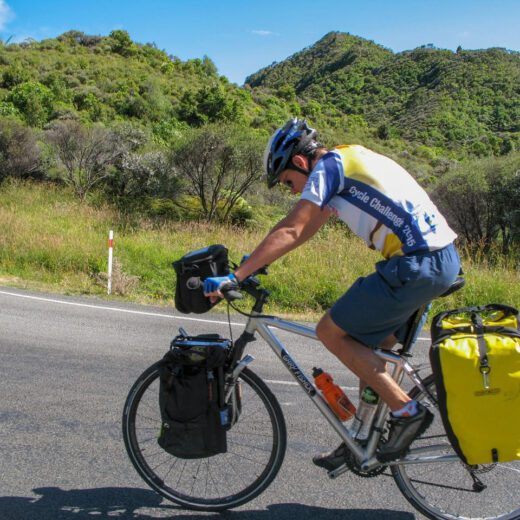
Ed’s Physio Journey with Nickelback Boy
Let us introduce PEAK Athlete Ed Schache… As a husband, Dad to 2 young sons, and lifelong recreational cyclist, Ed’s never been one to chase...
Read more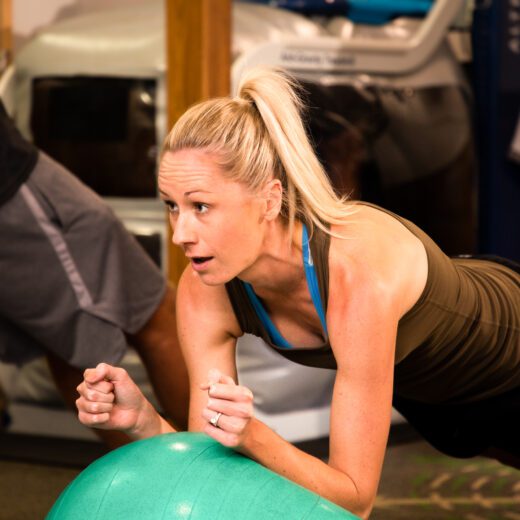
Why Women Should Strength Train: Lifelong Benefits from Youth to Aging
For too long, the image of strength training has been associated mainly with male athletes or bodybuilders. But the science is clear: strength training...
Read more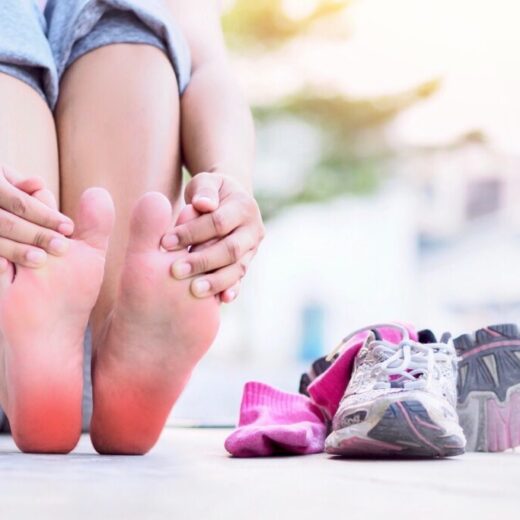
Sever’s Disease: Understanding Heel Pain in Growing Children
Heel pain in children is a common concern—especially among those who are active and going through growth spurts. One of the most frequent causes...
Read more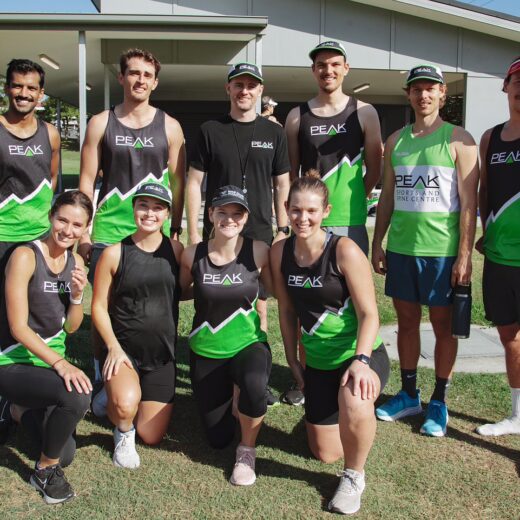
Join the Sunshine Coast Marathon
Join the Sunshine Coast Marathon with PEAK Sports and Spine Centre: Run with a Winning Team and Enjoy Exclusive Perks!Are you ready to challenge...
Read moreNot exactly what you're looking for?
View all articlesLet's get started — How can we help?
Physiotherapy
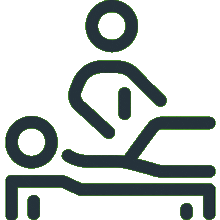
Chiropractic
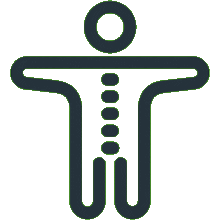
Podiatry
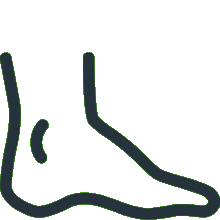
Massage Therapy
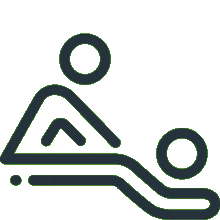
Women's Health Physiotherapy

Running Program Tailored To Your Goals
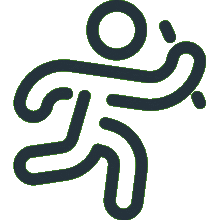
Joint Mobilisation

Active Release Technique
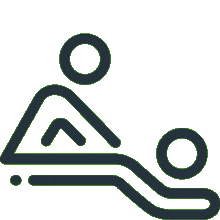
Exercise Prescription
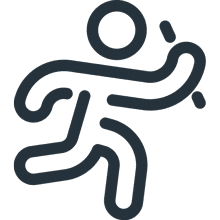
Real Time Ultrasound Imaging

Spinal Manipulation
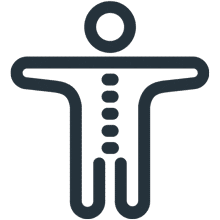
Functional Movement Screen

Knee Pain Treatment

Hamstring Strain Treatment
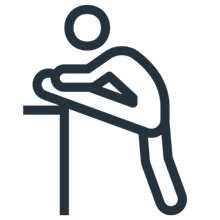
Hip Pain Treatment

Upper, Middle & Lower Back Pain

Neck Pain Treatment

Shoulder Pain & Rotator Cuff Tear

Can't find what you're after?
View all ServicesOr email the PEAK team at info@peakssc.com.au
Hawthorne
- Phone: (07) 3399 3318
- Fax: (07) 3319 6577
Address
5/171 Riding Road,Hawthorne, QLD, 4171 Get Directions
Opening Hours -
6 days per week
- Monday - Friday: 7:00 am - 8:00 pm
- Saturday: 7:00 am - 1:00 pm
To make a booking outside of business hours, please use our form by clicking here.
New Farm
- Phone: (07) 3399 4668
- Fax: (07) 3319 6577
Address
1/15 Lamington Street,New Farm, QLD, 4005 Get Directions
Opening Hours -
6 days per week
- Monday: 7:00 am - 8:00 pm
- Tuesday: 7:00 am - 8:00 pm
- Wednesday: 9:00 am - 8:00 pm
- Thursday: 10:00 am - 8:00 pm
- Friday: 7:00 am - 3:00 pm
- Saturday: 7:00 am - 3:00 pm
To make a booking outside of business hours, please use our form by clicking here.
